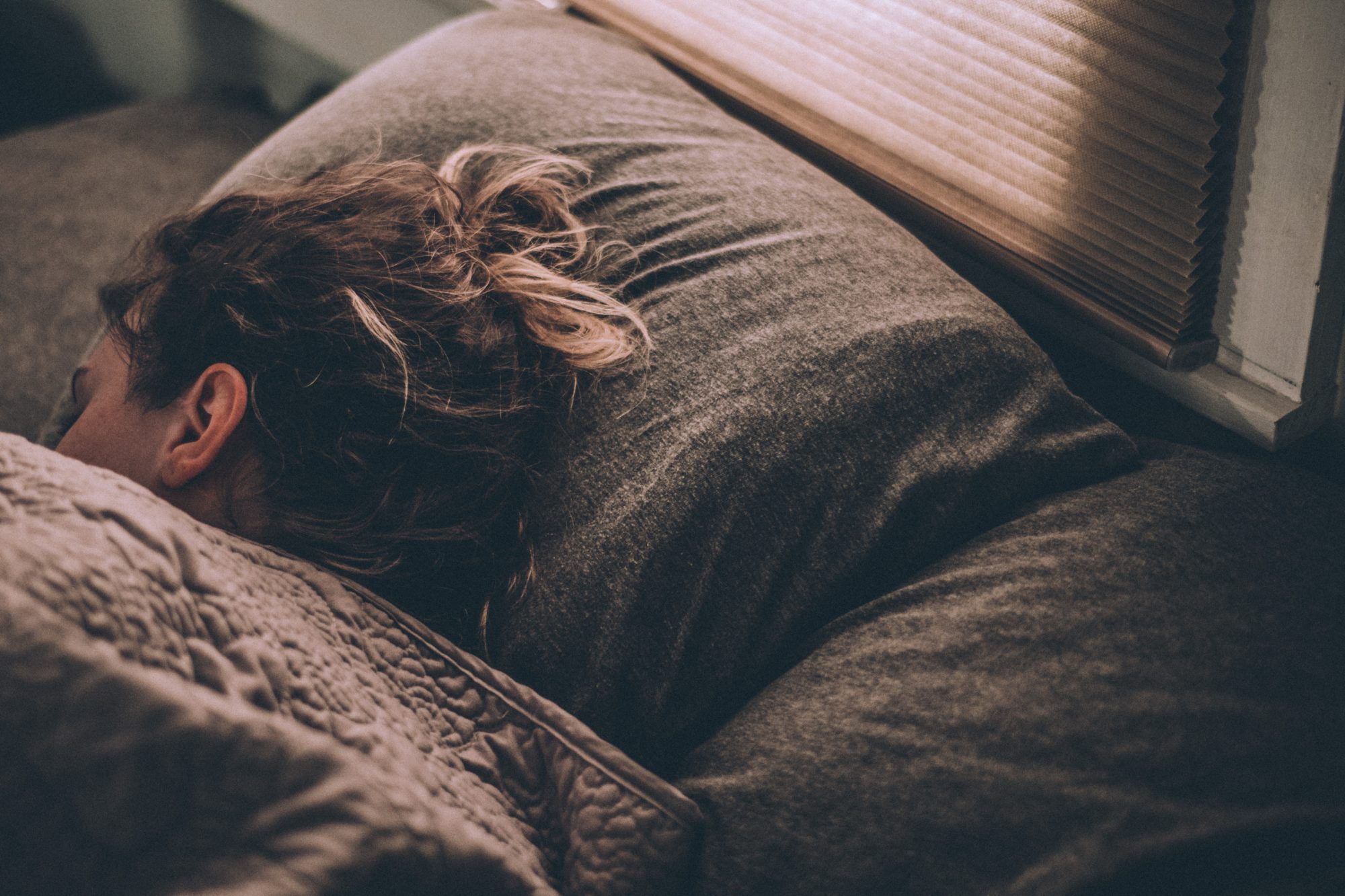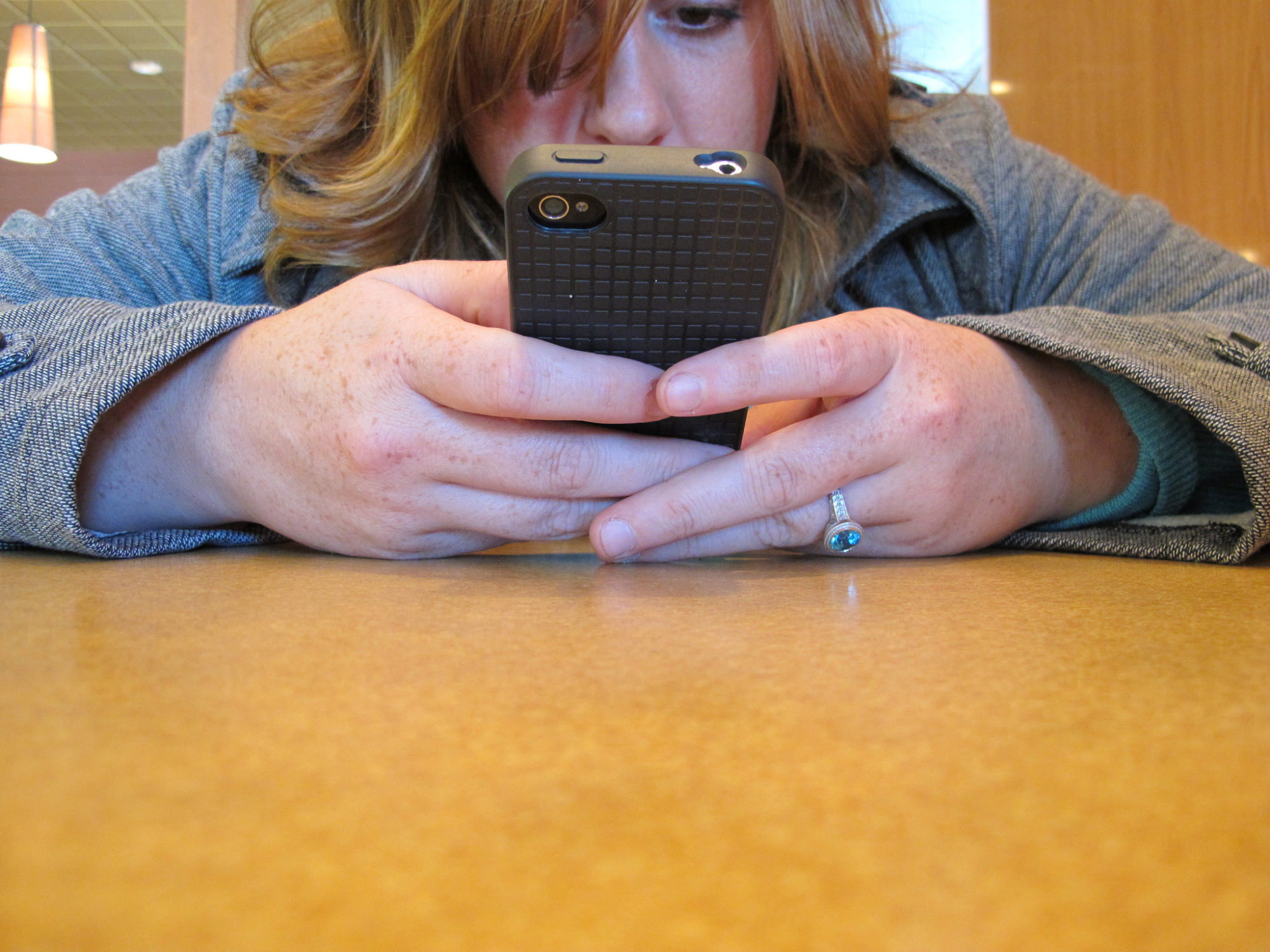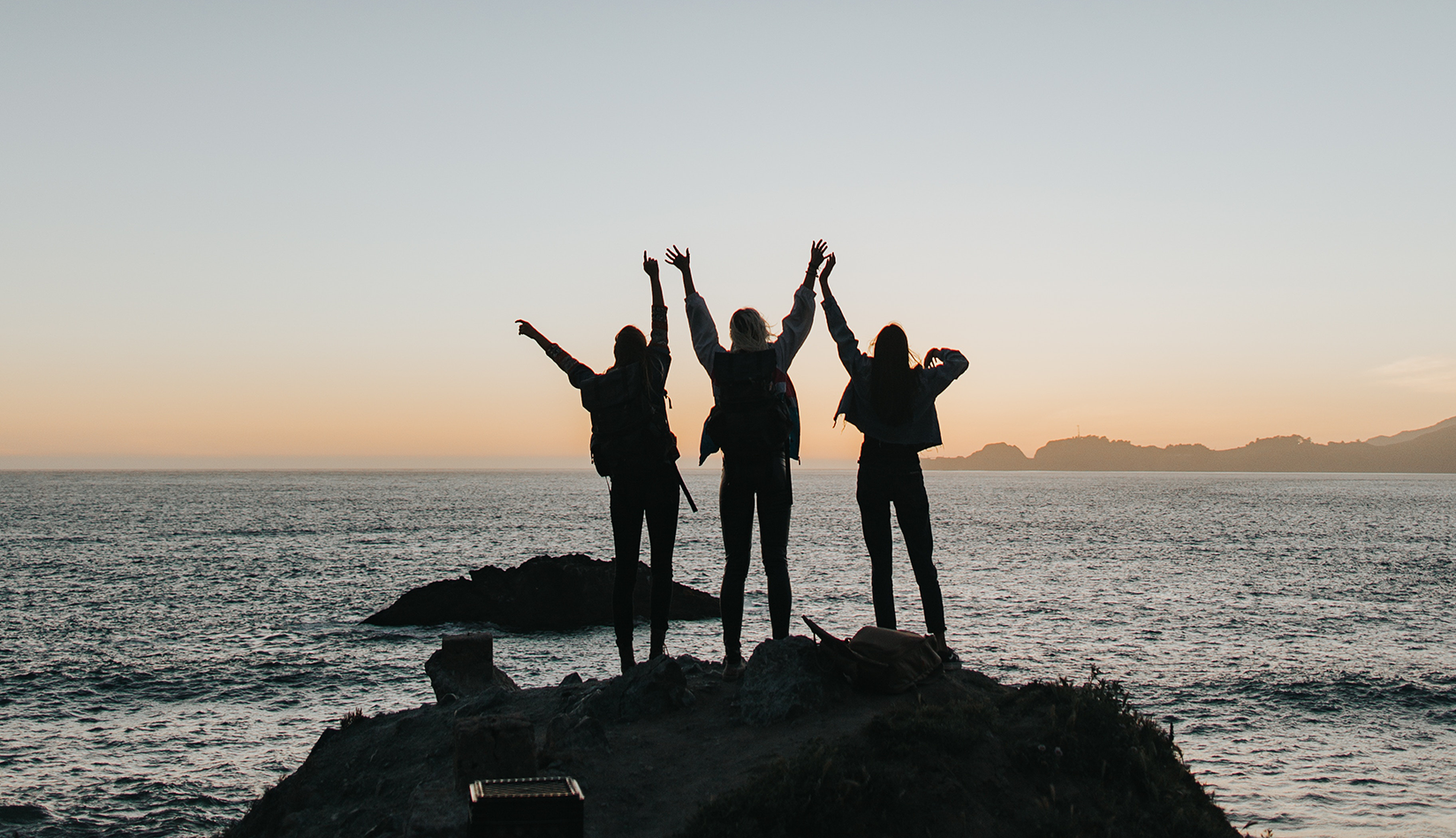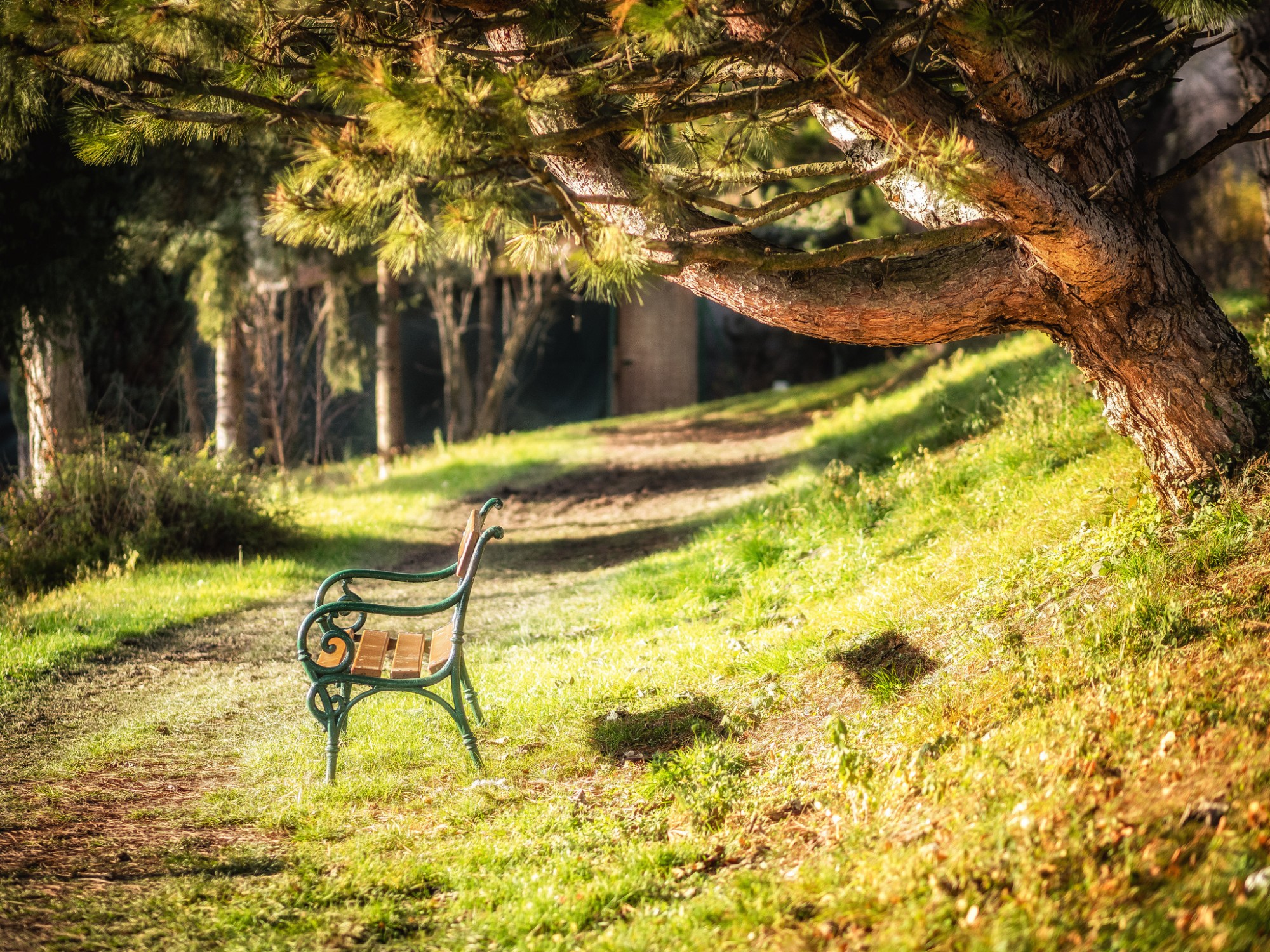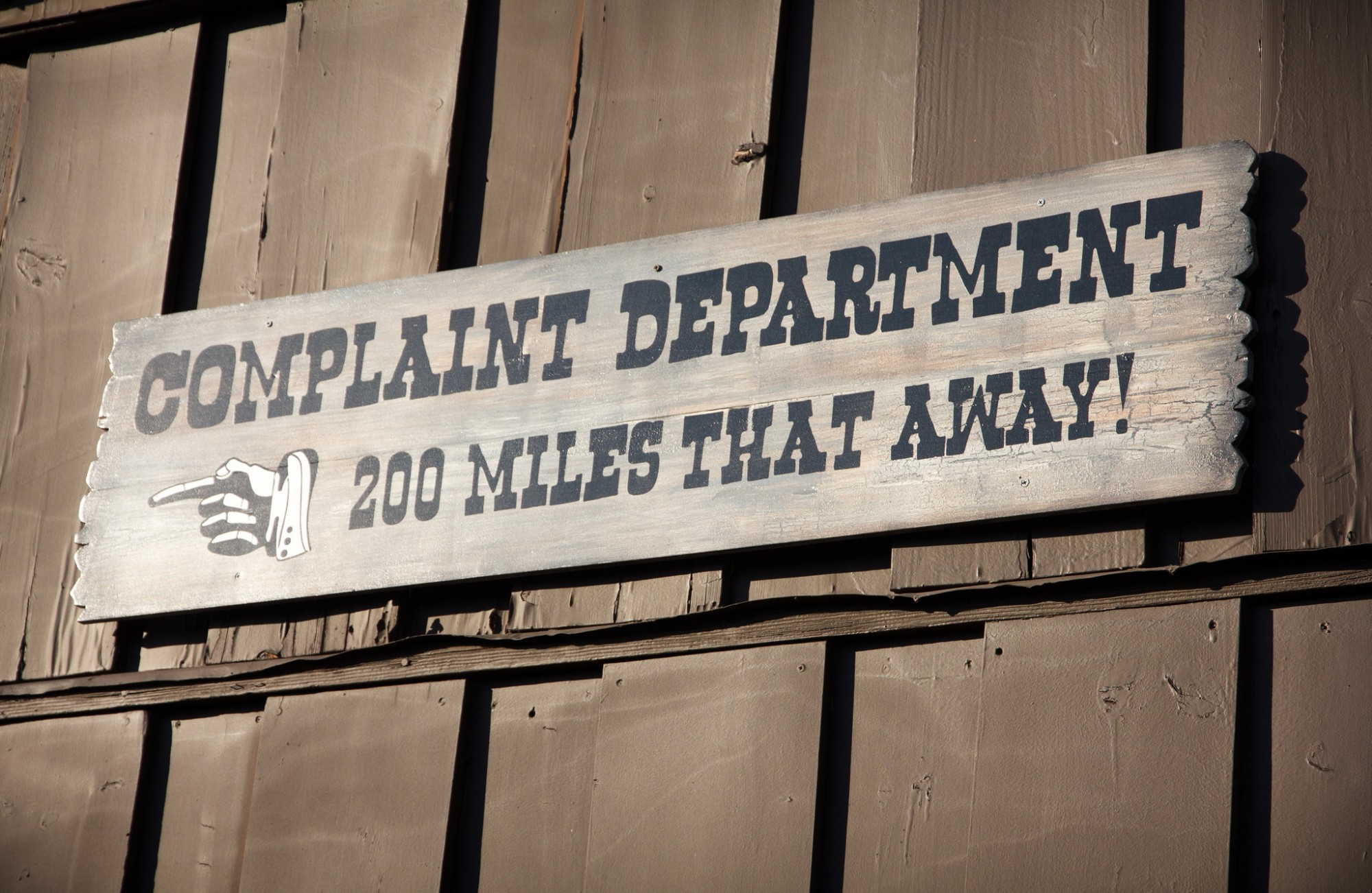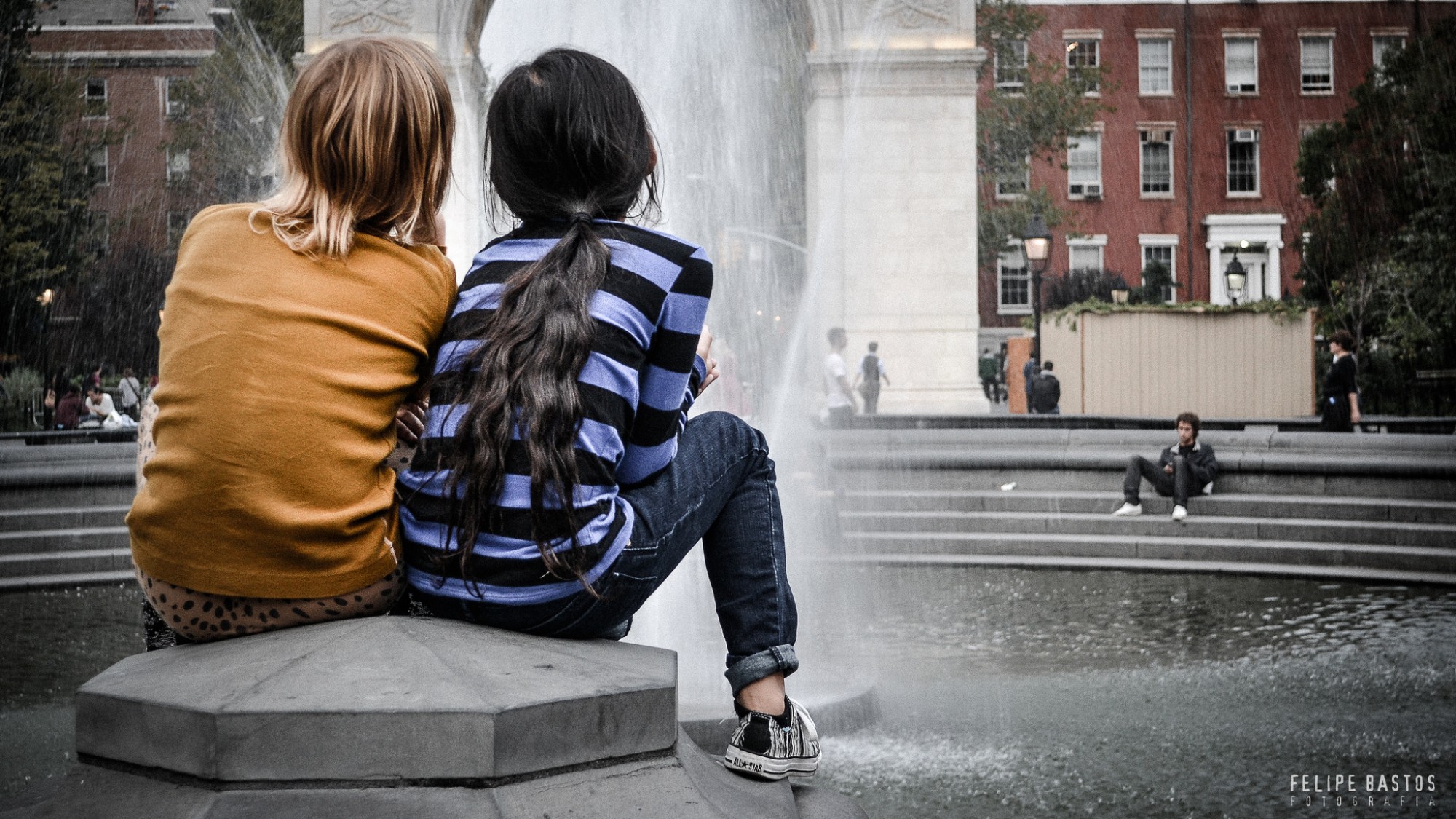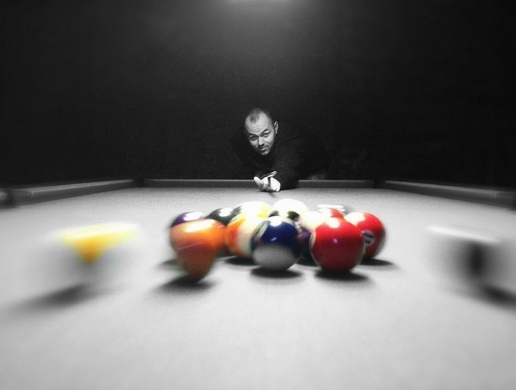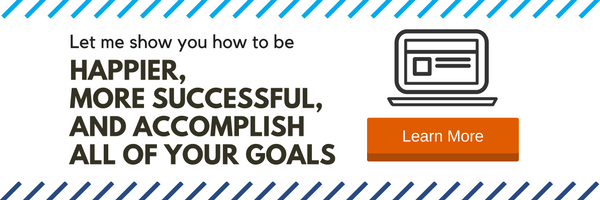Nearly 40 percent of US employees feel like they have too much work to take a vacation. But research suggests you’ll be happier, healthier, and more productive if you do.
Last year, I was invited by KJ Dell’Antonia of The New York Times to coach Julie, a partner at a law firm who was feeling overwhelmed and inefficient at work. Julie planned to leave for a family vacation right after we spoke, and she worried that she was going to forget everything she learned about finding more ease and efficiency at work by the time she got back from vacation.
But I saw an excellent opportunity: Julie could use her vacation as a way to increase her enjoyment and productivity after she returned to work.
How? For starters, we know that vacationing can increase happiness and lower depression and stress. Productivity increases at work both before and after a vacation. And vacationing can also increase creativity and improve health. (Did you know that men who don’t take vacations are 30 percent more likely to have a heart attack? And that women who rarely vacation are an astounding 50 percent more likely to have a heart attack; they are also much more likely to suffer from depression.)
Maybe you can’t afford not to take a vacation this year.
There are some caveats, however: Happiness only increases when a vacation is relaxing. So how can we actually relax on our vacations?
First, plan a true vacation — one where you do not do any work. None. Zip. Nada. No work.
This might be blazingly obvious, but not working is a critical aspect of actually taking time off. So don’t do what Julie was planning to do, which was to hide that she was out of the office from some of her clients. She could easily do this by checking and responding to email throughout the day from her vacation. While you might be able to work from your vacation, you won’t reap the many benefits of a vacation if you do so.
So see if you can find a vacation partner, someone who will cover for you at work should an urgent situation arise. (A reciprocal relationship is ideal: They handle your work while you are gone, then you do the same when they take their vacation.)
Then tell your team at work your plan: You are going on vacation. You will be totally unplugged from work. You will not be checking in, or checking email. But you’ve planned well: In case of emergency, they can contact your colleague, who will either handle the situation or, as a last resort, get in touch with you.
Don’t forget to do this for any unpaid jobs you might have as well. If the kids’ swim team counts on you to organize volunteers, make sure you’ve handed this duty off to someone while you’re gone. I’ve found that having someone handle things on my behalf while I’m gone enables me and the people I work with to relax a little more.
Second, remember that all vacations are not created equally.
It is possible (as you probably know from experience, especially if you have kids) to return from vacation more exhausted than when you left. Research indicates that having pleasurable and relaxing experiences on your vacation, along with savoring those experiences, are important for remaining happier after a vacation for a longer period of time.
Again, this is totally obvious, but not all vacations are relaxing. The lure of adventure or philanthropic travel for novelty-seeking people like me is great. We pack our vacations with nonstop action when what we really need is time at the pool to nap. Here, from my desk, it seems so much more fun to travel to multiple areas in a new country rather than just see one beach. Our more more more culture leads us to believe that more will definitely be better–more activities, more destinations, more sights to be seen.
Before you pack your vacation with a lot of stuff that will actually leave you needing a vacation from your vacation, schedule yourself some downtime. Will you be able to get eight hours of sleep each night? (And if you accumulated a sleep debt before you left, will you have time to nap as well?)
Is there some aspect of the travel likely to cause you so much anxiety that you’ll be better off skipping it? Will you have time to truly savor the pleasurable aspects of your time away? Eliminate all preventable stress and time pressure from your schedule before you leave, and don’t let people tell you what you “should” do, or “have to” do while visiting a place that they love. Instead, ask yourself what you need most out of your vacation. Plan from there.
Finally, plan your re-entry.
What do you need to do so that your first day back is joyful rather than hectic? Here are a few things that work for me:
- I have a “no hellish travel” rule — no overnight or complicated flights home that will leave me sleep-deprived and wiped out.
- I dedicate the first day I’m back at work to just playing catch up — I don’t actually try to accomplish anything other than get through my email, return phone calls, go grocery shopping, and get my laundry done and put away. If I’m traveling home from a different time zone, I come back a day early to allow myself to adjust. (It is tempting max-out vacation time by staying away as long as possible, so I often need to remind myself that my goal is to come back rested and rejuvenated.)
- I think of the email that comes in while I’m on vacation similar to the snail mail that comes to my house — someone needs to pick it up and sort it while I’m gone. (When I didn’t have an assistant to help me with email, I paid a high school aged neighbor $10 a day to do this for me; she loved the job and it was easy to get her set up.) I create special folders before I leave, and I have someone sort new incoming email into them once a day, deleting promotions and sending personal “vacation responses” where necessary.
My first day back, my inbox is — get this — empty. The emails I need to respond to first are nicely prioritized into a folder. This system isn’t perfect, of course, but it is much better than returning to 1,000 unread messages.
Join the Discussion
This summer, will you be taking a vacation? Will any aspects of it be difficult? If so, which ones? Share your thoughts in the comments below.

